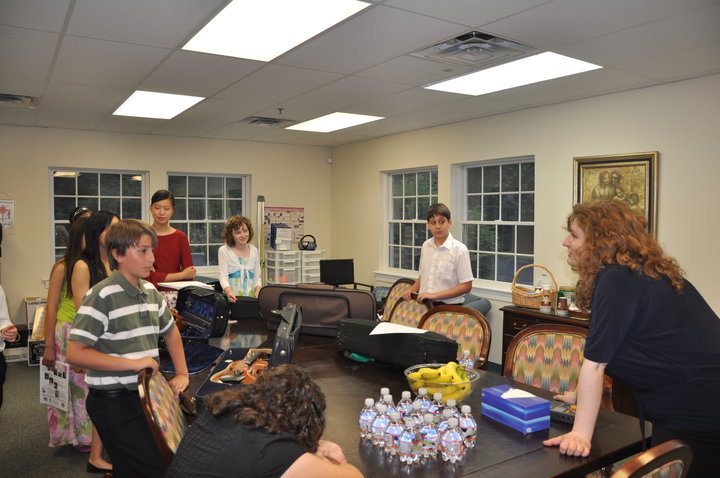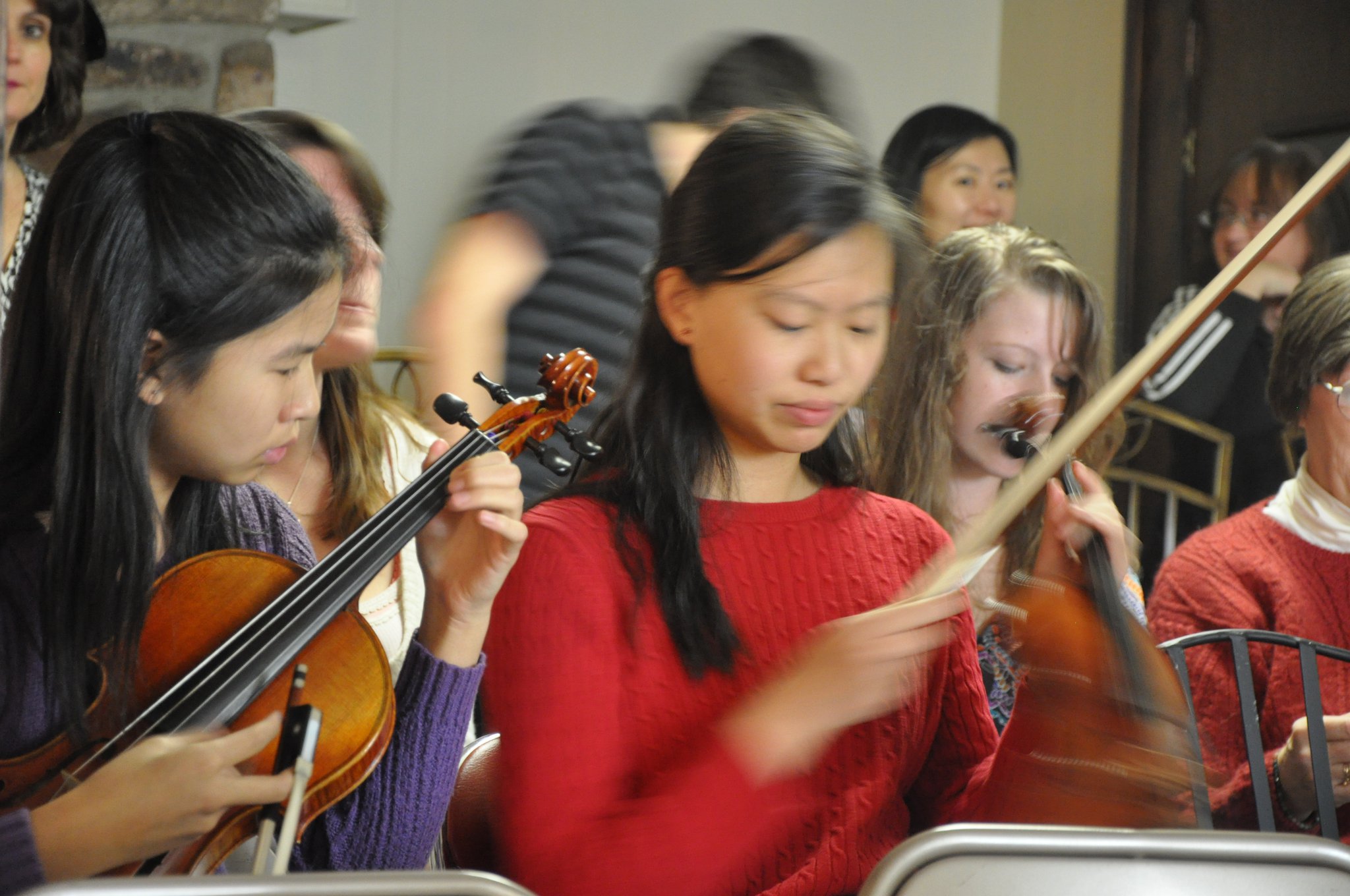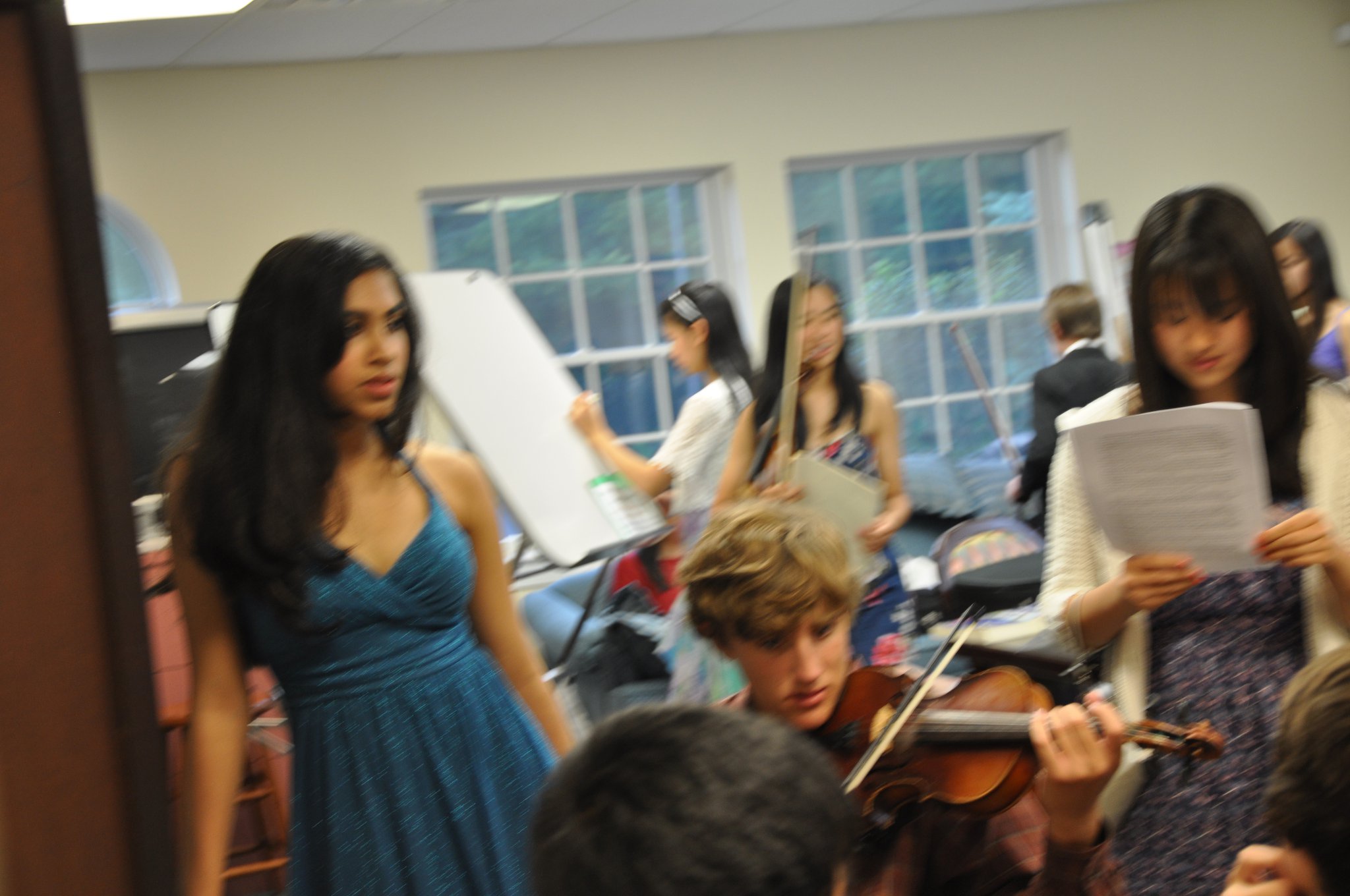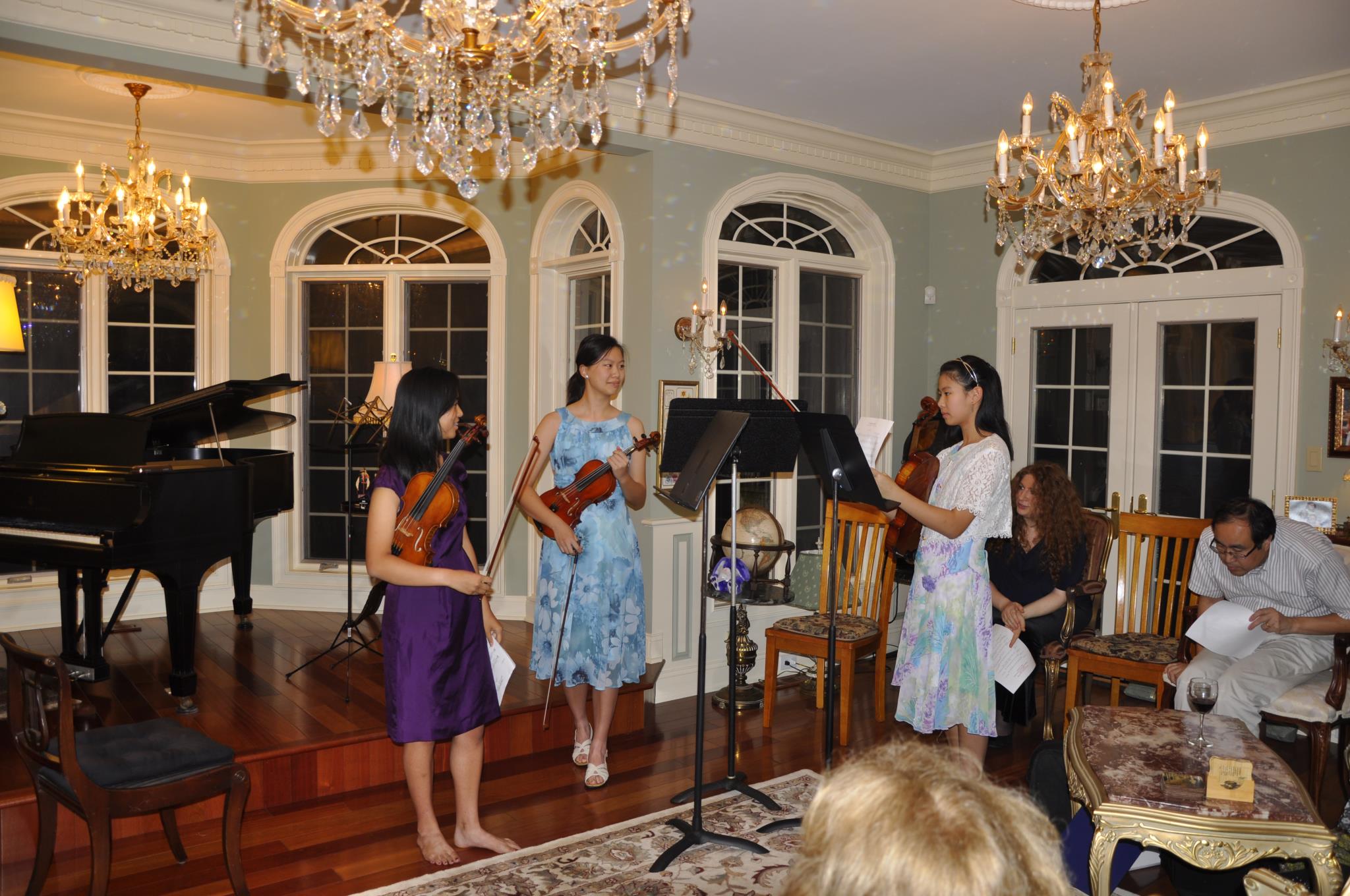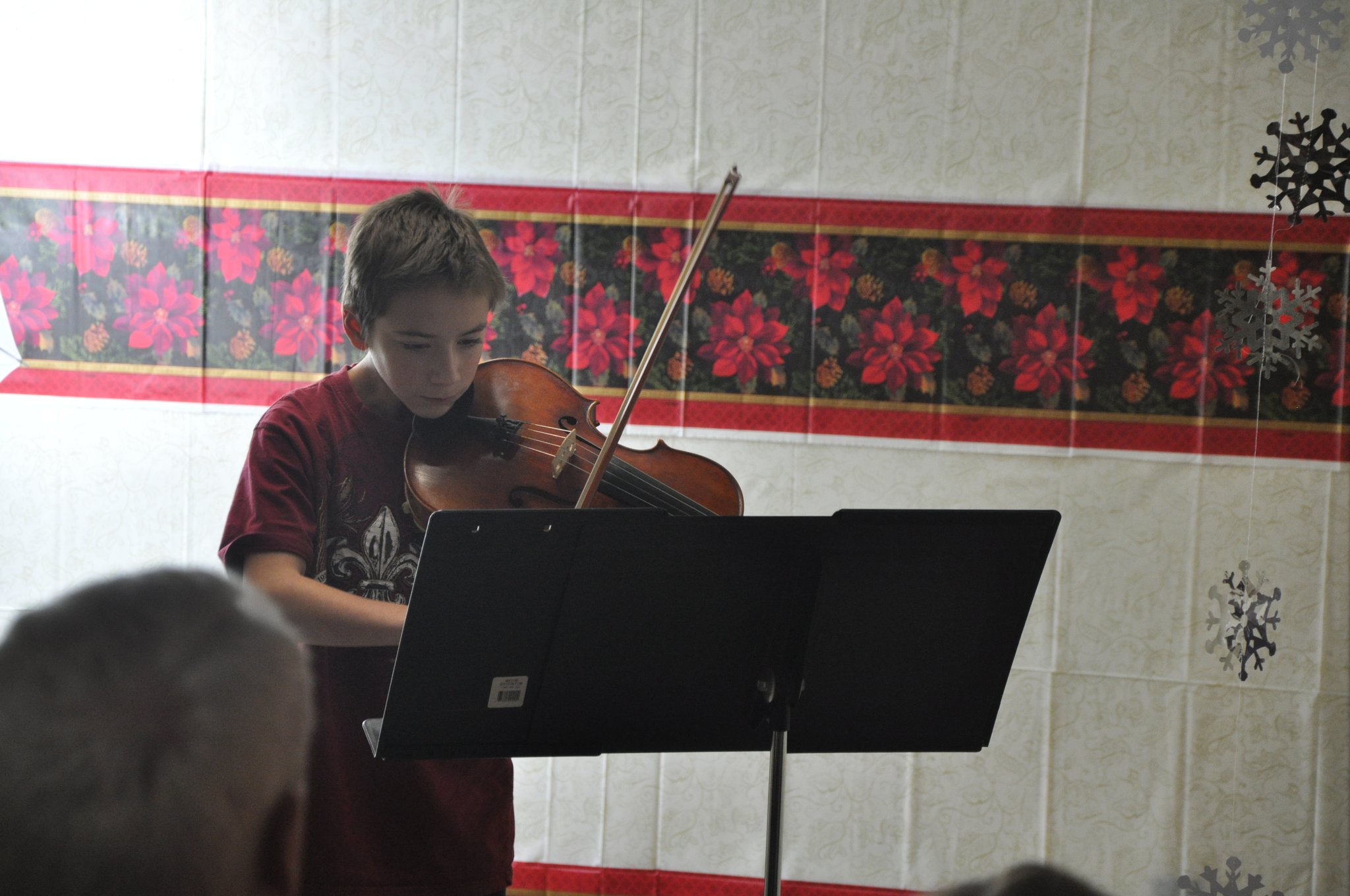Teaching Studio
“… the perfect person to help you prepare for your solo appearance is Victoria Voronyansky. She is a very experienced performer and one of the best viola teachers anyone could have; her teaching experience, besides conservatory level students and pre-college age, includes working with adult violists as well”
Heidi Castleman, Viola Professor, the Juilliard School
Victoria Voronyansky has taught at the Juilliard School, Mannes College of Music, Temple University's Boyer College of Music and Dance, Columbia University, and the Perlman Music Program. Students she worked with have gone on to major conservatories, chamber ensembles, and top orchestras in the United States, Europe, South America and Asia. For an opportunity to work with Ms. Voronyansky please take a look at the programs offered below.
Lessons
Students who are a part of Ms. Voronyansky’s studio meet with her on a weekly basis. In addition to lessons, students can also participate in pre-audition classes, Chamber Music Groups, and Studio Concerts. During lessons primary emphasis is placed on solo and ensemble repertoire, technical studies, and orchestral music, with additional work on music theory and ear training. Students have the option of adding composition, folk violin, and improvisation to their main course of instruction.
Virtual and Video Exchange Program
The Virtual and Video Exchange Program presents an opportunity for students in the United States and abroad to work with Ms. Voronyansky through a combination of videos, written materials, video conferencing sessions, and online Q&A sessions. Upon submitting initial questionnaire and video each student enrolled in the program receives detailed analysis of his or her technique, suggested course of study, followed by individually crafted curriculum and customized technique improvement guide. From this point students can submit videos of their assignments, and receive video responses from Victoria with feedback, plus a regular schedule of video conferencing and/or chat sessions is set up to enhance the students' progress. This is an excellent resource for conservatory level students, professionals who are preparing for an audition or competition, those who are recovering from injury, and students who would like to revise their playing technique.
Philosophy
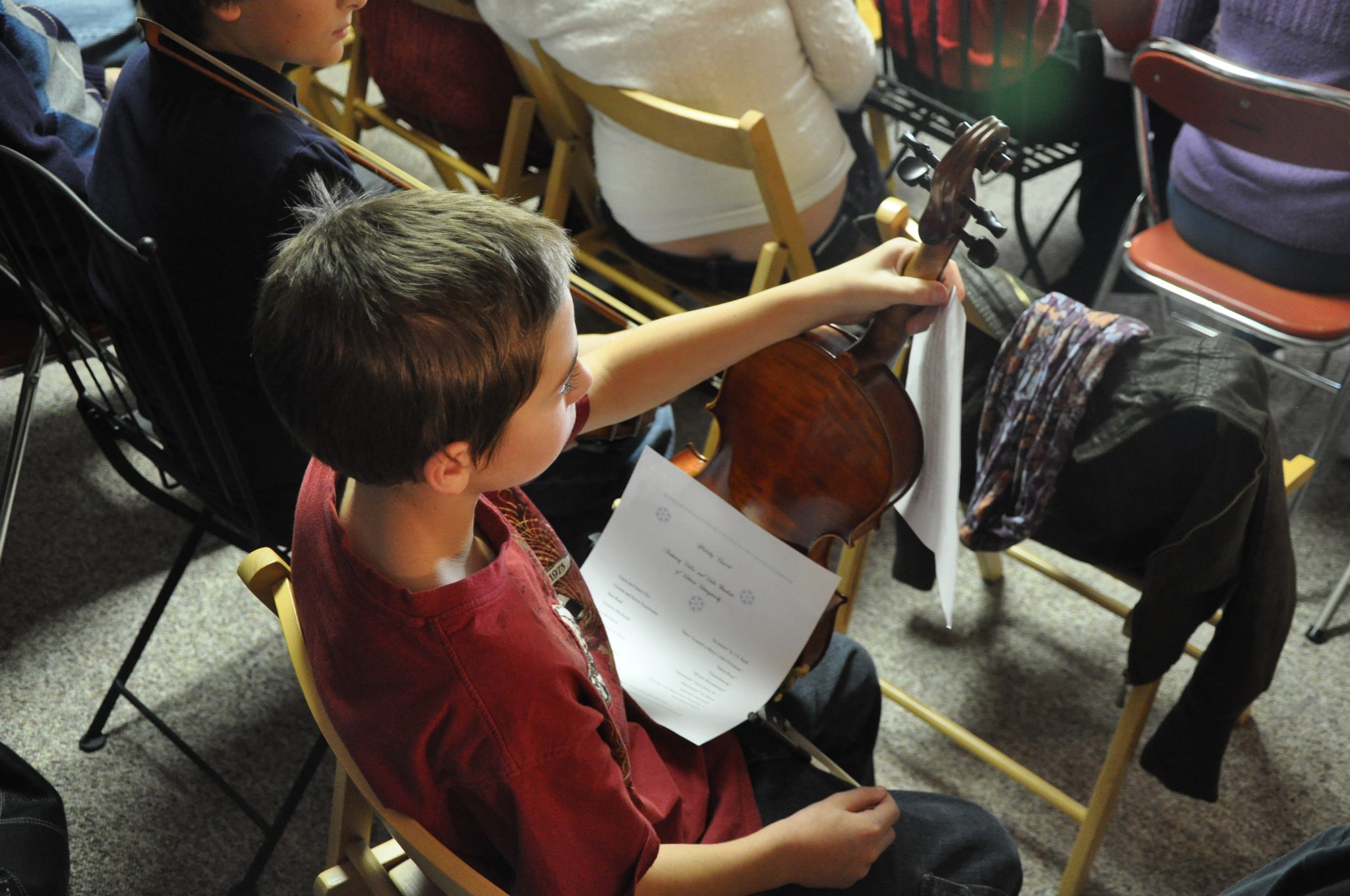
Music can enrich every life: that is the basic philosophy with which I approach teaching. Playing an instrument can lead to greater emotional and physical awareness, and the mental challenges posed by study of music can improve memory and problem solving skills needed in all areas of life. I am also convinced that a player needs to be at ease physically in order to perform at their optimum level on the instrument, which is why every student is approached on a highly individual basis, and each student receives instruction and exercises customized specifically for them.
Individual Attention
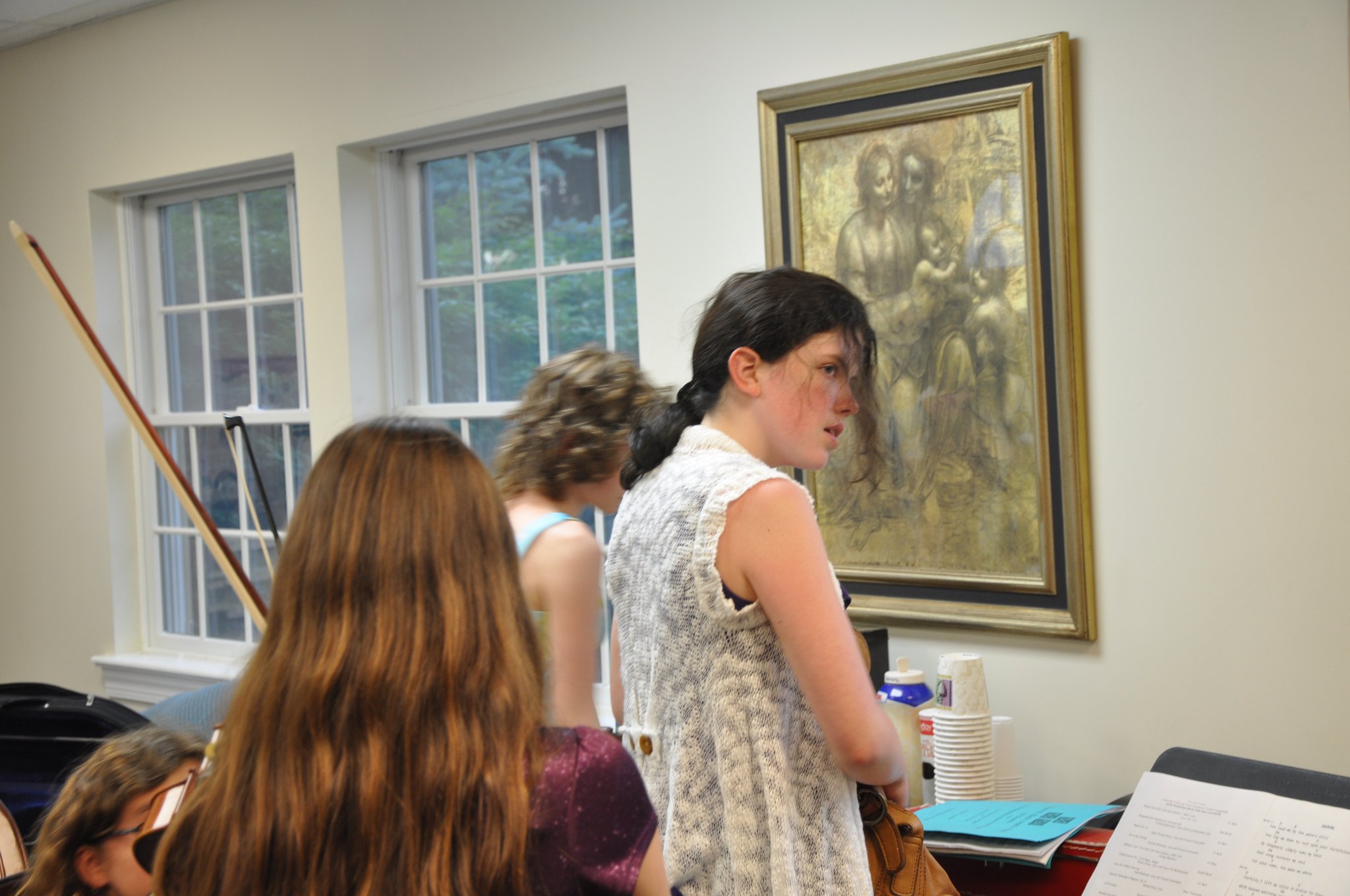
Throughout history there were numerous books written about violin and viola technique, and a number of different approaches have dominated during various times. While there is a wealth of practical and historical information to be learned from these works, the precise physical setup of every one of these systems does not always work for every person. Differences in size, flexibility, and strength must be taken into account when developing playing technique. These and other factors are always taken into account when a student begins to work with me. In addition to the obvious physical traits, student's many abilities and tendencies are noted, worked on and developed at all times through combination learning.
Combination Learning
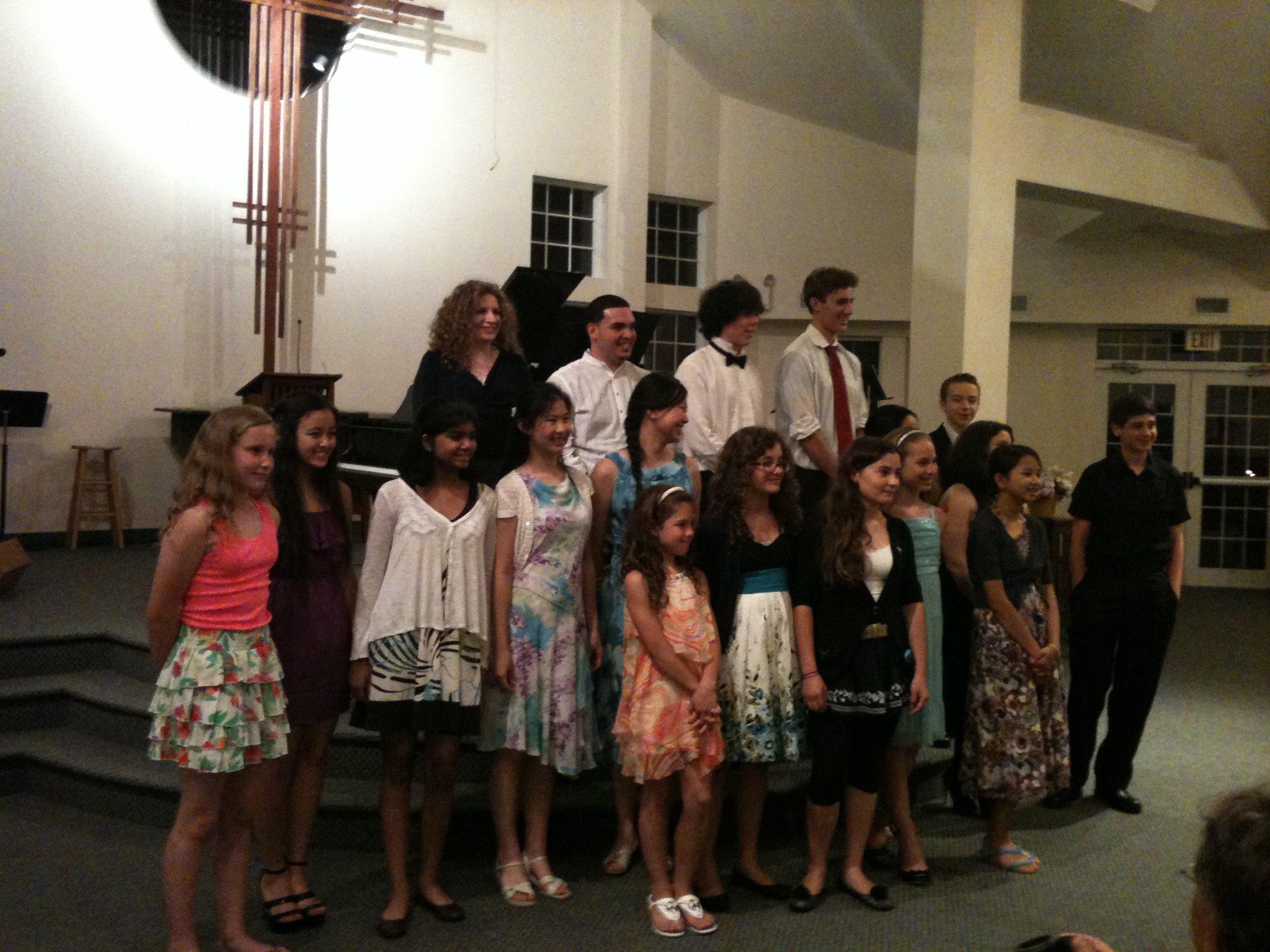
Key to combination learning is to work on several facets of musical and individual development at the same time. While the main focus remains the study of violin or viola, additional areas of focus, such as ear training, music theory, music history, composition, folk violin and performance psychology are covered on a consistent basis. Lessons take place in a friendly supportive atmosphere, with latest state of the art equipment on hand to help students learn more about music and ultimately themselves.
